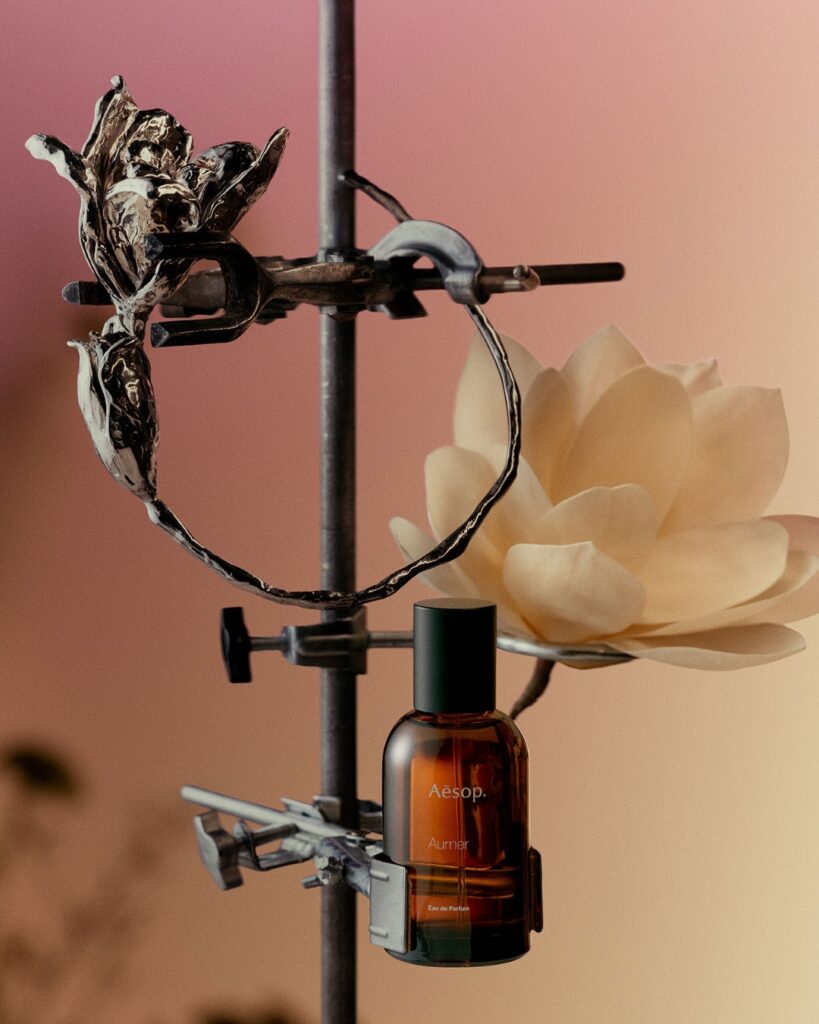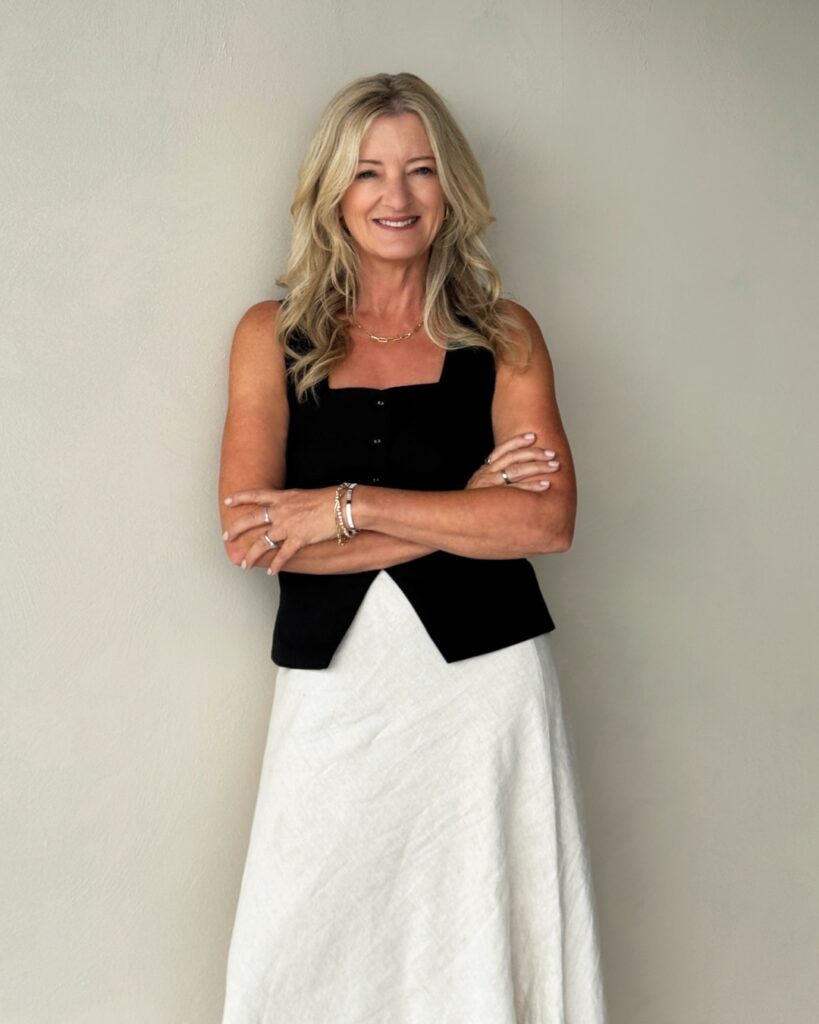Don’t you know that you’re toxic? Marielle Hawkes finds out how to salvage a friendship when you’re the problem.
Friendship has been trending lately. A scroll through the Instagram tags #besties, #squad, #squadgoals, and #friendshipgoals and you’ll find millions of snaps of people celebrating friendship. There’s no denying that a healthy relationship with your #squad, your bestie, or even a close acquaintance can be empowering, not to mention fun. But what to do when the fun times are few and far between, and all the editing tools in the world can’t put a rose-tint on what could be more accurately described as a #friendshipnightmare?
Friendships have their ups and downs — we can all attest to that. But toxic friendships are something else, involving more stable patterns of bad behaviour, as opposed to one-off or transient conflicts. If you feel like you’re in a toxic friendship, but can’t quite pinpoint any problematic behaviour from the other person, could you be the problem?
Real talk: being a good friend is hard. Admitting that you aren’t one is even harder. To make it easier, we’ve identified six types of toxicity that might hit, shall we say, a little close to home, and sought expert advice on how to right the wrongs in each situation. Self-reflection isn’t always enjoyable, but there are significant rewards to be reaped. So breathe, and repeat after Britney: I think I’m ready now.
#1
The friendship f***boi:
“I click with someone, come in hot, and want to do EVERYTHING with them. Then I ghost when something or someone else catches my attention. When my fast-friend tries to reconnect, I feel smothered and pretend I’m busy until they eventually stop asking.”
Steven Dromgool, director of Relate Counselling in Auckland, says it’s important to remember that not everyone will be your bestie, and there are different levels of friendships. However, true and meaningful friendships are a marathon not a sprint. We live in an age of convenience, but you can’t just fit friendship in when it suits. Steven says enjoying the journey of building trust with a new friend allows real connection to build and you’ll be less likely to get bored. So, savour the time you are spending together, stay in the present, and don’t write promises with your mouth that you can’t keep.
#2
The two-faced friend:
“I’m always trying to win approval by having the best gossip, even if it means throwing others under the bus. I’ll get you to reveal your weaknesses and then use them against you.”
“There are no good reasons for breaking a friend’s trust,” Steven says. “Gossip sells, but it also destroys relationships.” And it’s not just established relationships. Your loose lips are sabotaging prospective ones, too. Consider this: when you use gossip to make friends, you break the trust of someone else — and they will find out. Additionally, though, the person on the receiving end of your gossip will put you in an untrustworthy category. Being two-faced is a shortcut to being alone and friendless.
Steven recommends that if you catch yourself gossiping, stop, then apologise to the person you are telling. And when the person you betrayed confronts you about your betrayal, admit to it. It’ll be uncomfortable, but it will get you out of the habit quickly.
#3
The enabler:
“I know my friend is trying to get her life together, but I encourage her bad habits because I need my partner in crime.”
“This type of behaviour usually stems from insecurity,” Steven explains, adding that enablers are often feeling guilty about their own choices. Forming healthy habits can be hard work, but if you’re struggling, he says, don’t make it harder for your friends. If you don’t want to give up your vice, find others who love it, and do something else with your abstinent friend. Solo activities can be fun too, so don’t rule that option out. It’s important to learn how to enjoy your own company, and stopping for a glass of wine on your way home from work can be a great opportunity to relax, reflect, and just be. If, worst-case scenario, you have to choose between your vice and your friendship, simply ask yourself, ‘What’s more important?’
#4
The too-good friend:
“I am a high-achieving, go-getting person and my childhood friend’s comparatively mundane life doesn’t seem worth talking about. I always come away from our chats feeling ‘off’, like I should have hung out with my more successful friends.”
Let’s get real — you might be all-of-the-things, but your life’s not perfect, is it? Vulnerability is hard, but it’s also the only way to build and maintain real relationships. Start being more vulnerable and authentic with your different groups of friends, and find out who makes you feel ‘off’, then. You might be surprised.
Of course, sometimes we just outgrow our friendships and there’s nothing wrong with that. It’s perfectly natural to appreciate the friendship for what it was and bid it a kind adieu.
#5
The selfish friend:
“My friendships are all about me. I only reach out when I have a free window, I always pick what we do, and me and my life updates dominate the conversation.”
“As children, we are naturally narcissistic. It helps us learn about the world and identify our needs and values,” says Steven. Friendships are designed to draw us out of ourselves and connect us to the wider society. By this process, we learn that we get by giving. Stephen explains that those who struggle in this area are often people who missed out on loving, emotional attention at crucial periods in their development. The good news, he says, is that it’s never too late for personal growth.
Time to go cold turkey. Challenge yourself to spend an entire conversation only talking about the other person. Don’t make it obvious, or say “I am not going to talk about myself today.” Just casually ask questions, then follow-up questions, and most importantly, listen. By not taking so much, you’ll get more out of the friendship than ever before.
#6
The jealous friend:
“My friend gets a promotion and I can’t say congratulations. Another friend gets engaged and I try to sabotage the relationship. Other people’s vacay pics or hot selfies? No likes from me.”
We usually feel jealous when we see others with traits that we like but don’t have, says Steven. Spend time identifying what you are insecure about. Is it how much money you have in your bank account, or perhaps where you are in your career? Steven recommends using your friends’ accomplishments as motivation for achieving your own goals. And never forget — someone else’s success does not take away from yours. There is no finite amount of success out there! ‘Shine Theory’, a concept coined by the hosts of popular podcast Call Your Girlfriend, is premised upon the notion that ‘I don’t shine if you don’t shine’. Commit to collaborating with, not competing against your friends.

Repairing your friendship
In this age of ghosting and slow fades, it might be tempting to ignore your past actions, but they’ll still be in the backs of your friends’ minds. If you want forgiveness, you must ask for it, and then ask to be held accountable going forward. Don’t freak out when you get what you wish for. Honesty is the mark of a true friend.
And if you’re still struggling to keep your hurtful behaviour in check, head along to one of Steven’s fortnightly talks on love and relationships at Gusto Italiano in Ponsonby, Auckland. Visit relate.kiwi.nz to find out more.













